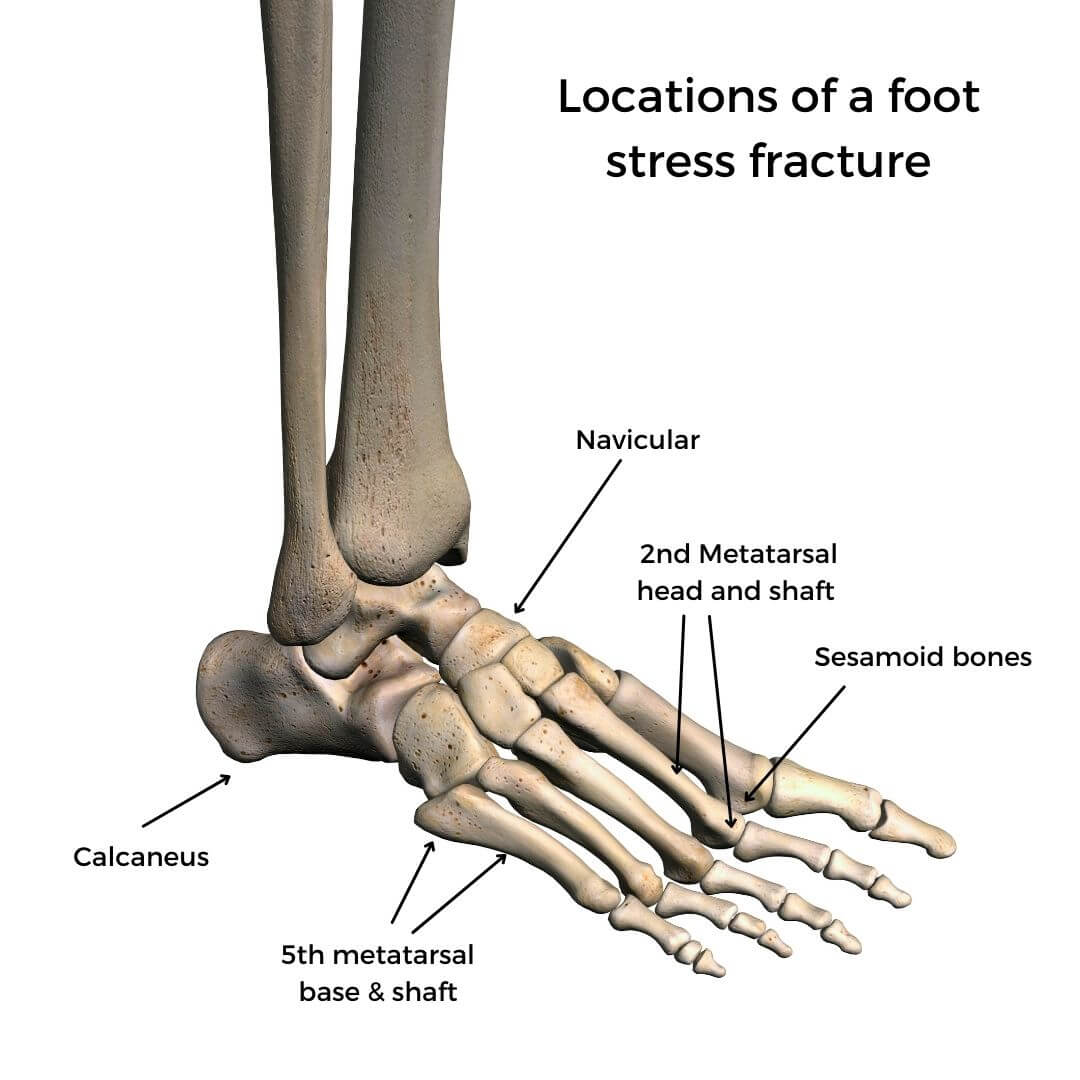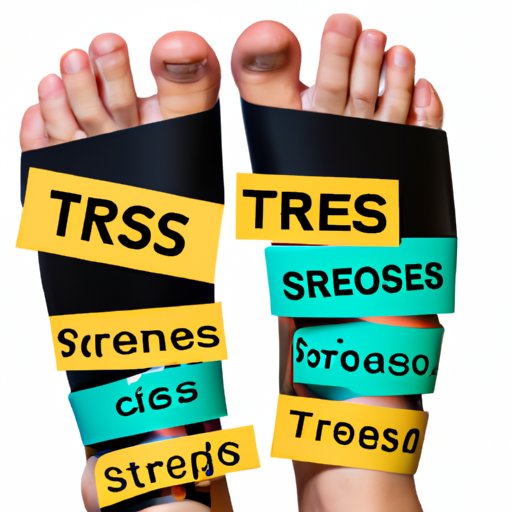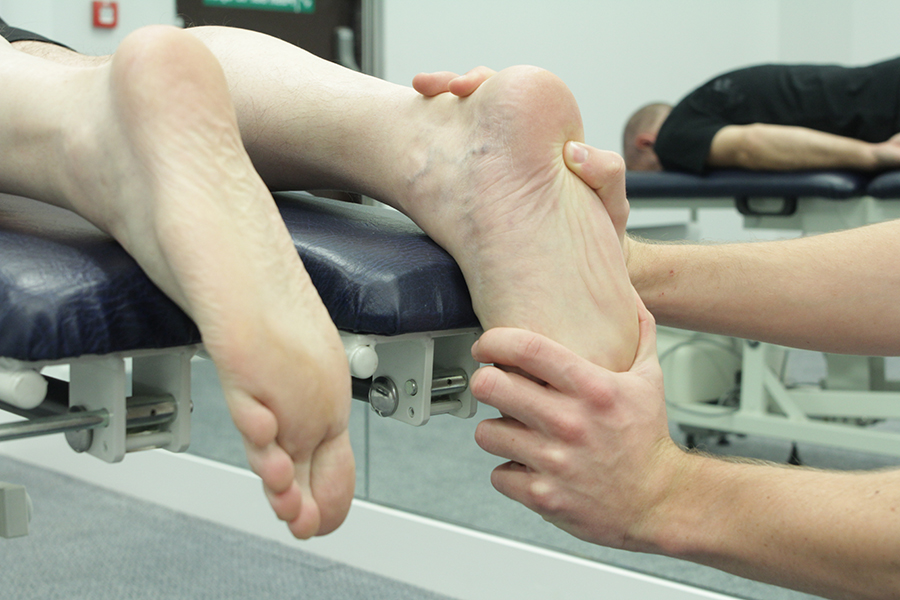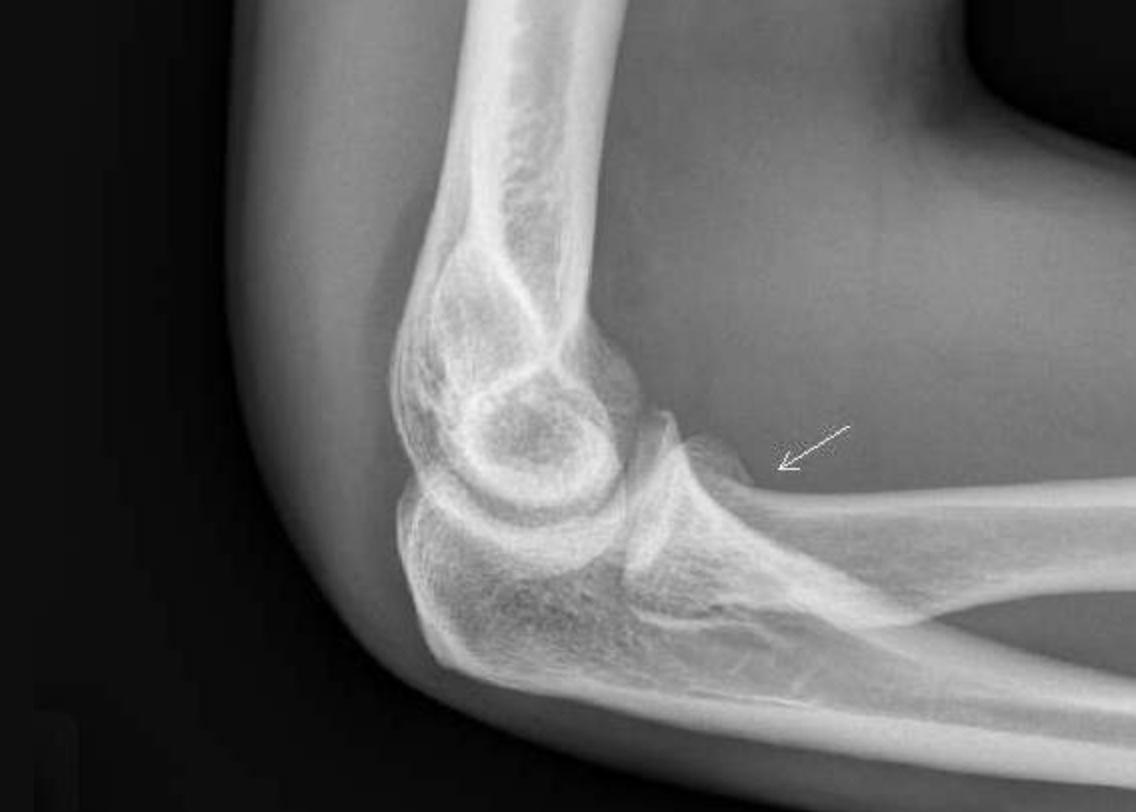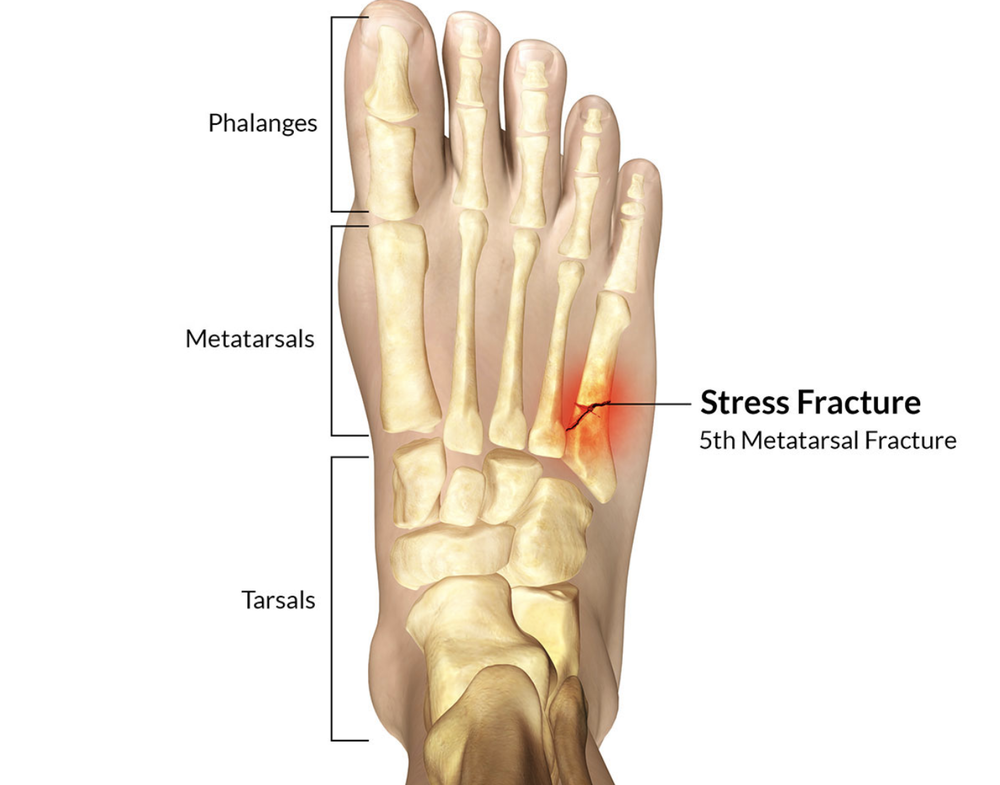Breathtaking Tips About How To Treat A Stress Fracture

They are experts in identifying the symptoms and causes of stress fractures in the foot, leg, wrist, pelvis, hip, and spine.
How to treat a stress fracture. Amenorrhea or menstrual irregularities in female athletes. Stress fracture surgery. In the case of a stress reaction, a bone can weaken and swell, but it doesn’t actually crack, mcgrath explains.
Stress fractures of the tibia, metatarsal s, and fibula are the most frequently reported sites. Medial tibial stress syndrome, also known as shin splints, is. How is a stress fracture treated?
Risk factors researchers have identified several factors that may predispose athletes to multiple stress fractures of the lower extremities. Returning to activity too quickly can not only delay the healing process but also increase the risk of a complete fracture. And when you’re not sure what’s wrong, buoy can guide you in the right direction.
Doctors can sometimes diagnose a stress fracture from a medical history and a physical exam, but imaging tests are often needed. Temporarily refraining from high impact activities is key to recovering from a stress fracture in the foot or ankle. They're caused by repetitive force, often from overuse — such as repeatedly jumping up and down or running long distances.
Running on a stress fracture can make it much worse. Doctors usually recommend that you wear the cast for four to six weeks, but it depends on the extent of the injury, which is evident on imaging tests. When lying down, raise your foot above the level of your heart, this will help to reduce any swelling.
Your provider might suggest surgery if the fracture isn’t healing like it should, or if you’re experiencing severe symptoms. One of the easiest ways to treat and prevent shin splints is to get adequate rest and properly warm up and cool down before and after exercise. Prevention overview stress fractures are tiny cracks in a bone.
A stress fracture is a tiny crack in a bone, also called a hairline fracture. Method 1 treating a stress fracture 1 schedule an appointment with your doctor. If left untreated, a stress reaction can eventually crack, which is when it then.
People who have flat feet or high, rigid arches are more likely to develop stress fractures. Increasing the frequency of activity — such as exercising more days per week. 1 recognize the symptoms of a stress fracture in your foot.
If a stress fracture is severe—which can occur if repeated stress is put on the bone after symptoms appear—your doctor may apply a plaster cast to immobilize the bone. This fracture of the shin is a serious injury that can worsen without proper care. Women, especially those who have abnormal or absent menstrual periods, are at higher risk of developing stress fractures.
Learn how to identify a metatarsal stress fracture, its causes, and how to prevent and treat this foot injury. Stress reaction and fractures are common injuries in athletes and military personnel. Before you go to your appointment, take note of the following:




